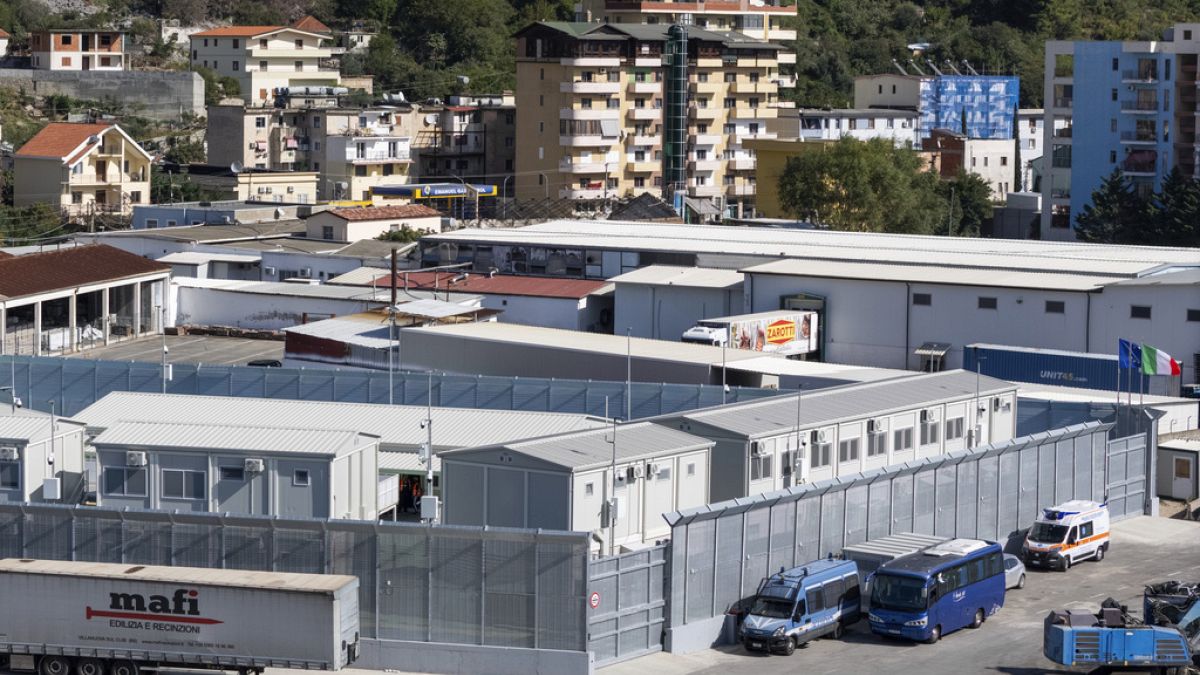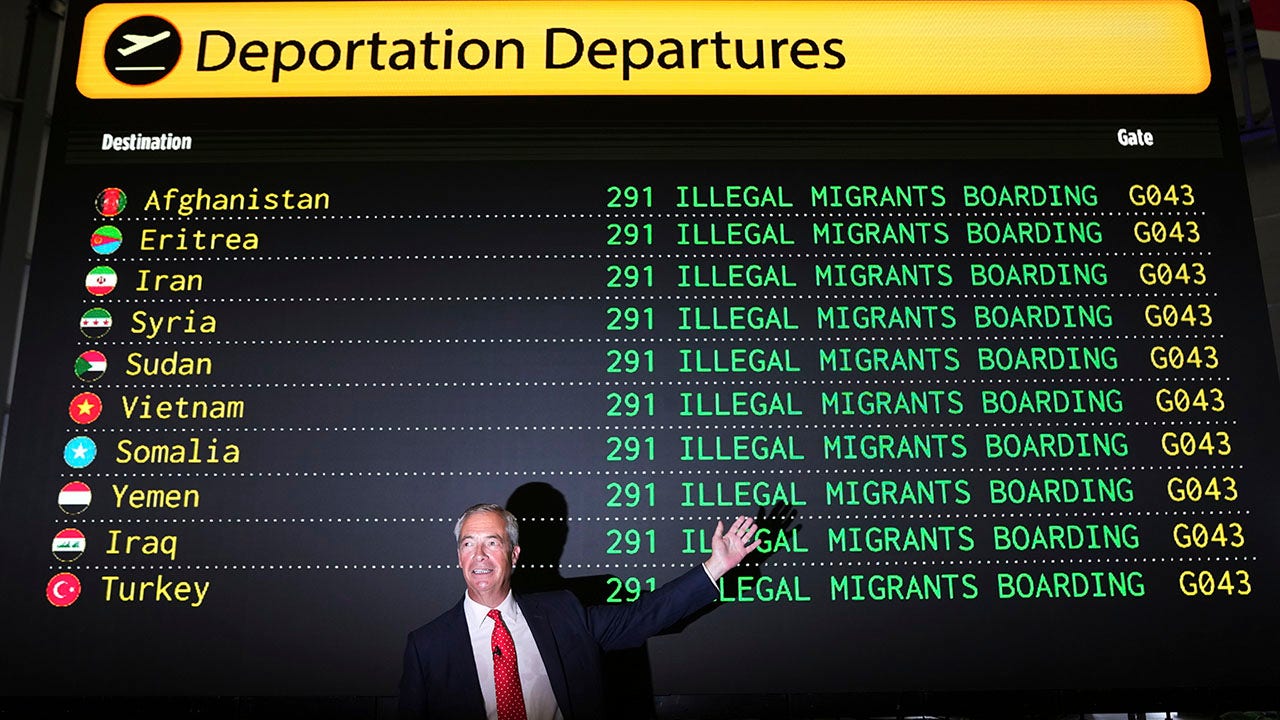Published on
•Updated
ADVERTISEMENT
The European Court of Justice (ECJ) sided with an Italian court that questioned the government’s designation of Bangladesh as a “safe country of origin” — a label that allows deportations and detentions of asylum seekers while their application is under review.
The judgment emphasised that these designations must allow for judicial review and be backed by clear, accessible evidence. A country cannot be labelled “safe” according to the ruling if it is not safe for specific vulnerable groups.
The case was sparked by two Bangladeshi nationals rescued at sea by Italian authorities and transferred to Albania, where Italy had built two offshore processing centres.
There, migrants can apply for asylum as if they were on Italian soil — but only if they’re from countries Italy deems “safe”. Those who are not must be allowed to stay in Italy while their asylum claims are processed.
Italy updated its list of “safe” countries in October 2024 to include Bangladesh, Egypt, and others — a move criticised for ignoring threats some individuals may still face in those countries.
When the Bangladeshi nationals appealed their rejections, the Italian court sent the case to the ECJ, citing lack of transparency in how “safety” was assessed.
Rome pushes back
Italy’s right-wing government, led by Prime Minister Giorgia Meloni, lashed out at the ruling, accusing the EU court of “overreach” and undermining national sovereignty. In a statement, the government argued that the ECJ had prioritised individual judges’ opinions over in-depth government investigations.
Rome claims the decision weakens its ability to fight illegal immigration and protect borders.
Despite the ruling, Italy’s deportations to Albania will continue for now. Authorities have since redefined the role of the Albanian centres to include migrants whose asylum claims have already been rejected. The court decision is seen as a win for Italian judges but has limited short-term impact on government policy.
Meanwhile, EU asylum law is evolving. A regulation set to take effect in June 2026 or sooner will allow governments to declare countries “safe” with certain exceptions, aligning more closely with Italy’s approach.
The European Commission has also proposed its own non-binding list of safe countries, including Egypt and Bangladesh.
As of now, Italy’s Albania centres hold only a few dozen people, despite a target of 3,000 monthly.
They are also expensive: each place in Albania costs over €153,000, compared to just €21,000 at similar centres in Sicily, according to a recent study from the University Aldo Moro in Bari.
Read the full article here
















